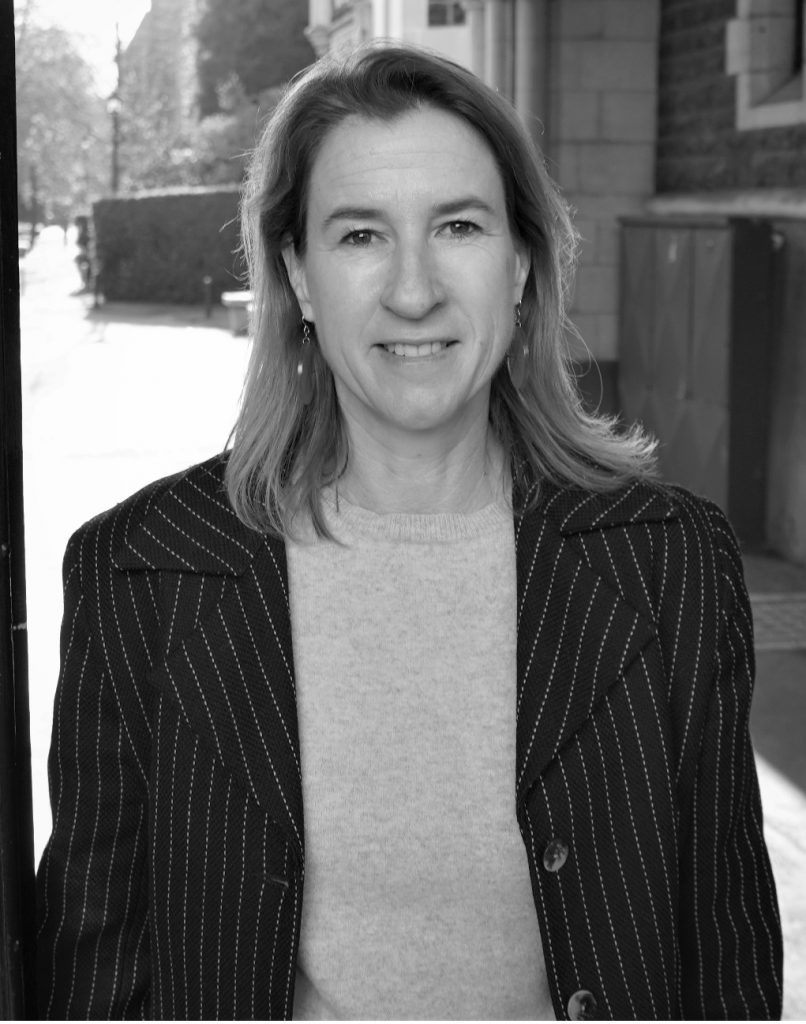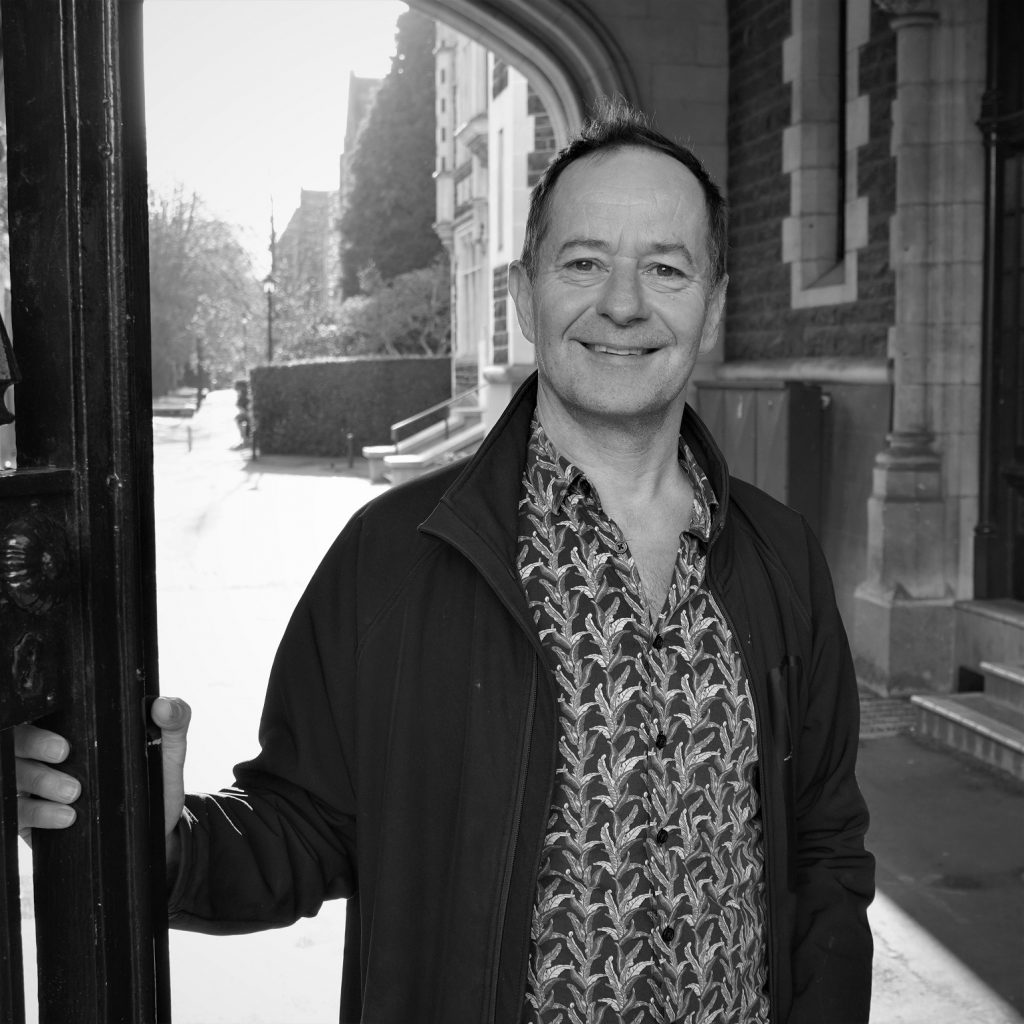Peer Learning
- Research Themes
- Peer Learning
Peer Learning
We are captivated by the transformative power of peer learning and support within Higher Education. Our research explores the dynamics, benefits, and challenges of peer-led programmes, aiming to shed light on their effectiveness in fostering academic success, personal growth, and a sense of belonging among students. We strive to enhance students’ learning experience and contribute to the development of sustainable peer learning models in Higher Education.

Find out more
Theme Lead/Contact
Dr Tracy Rogers
Collaborations
Current and Potential Projects
Past/Current Students
Researchers
Research Outputs
Publications
Dr Tracy Rogers (Theme Lead/Contact)

Researching peer learning models allows for a myriad of topics of exploration. For instance peer learning programmes facilitate transition to university studies, foster a sense of belonging, provide leadership opportunities for senior students, attend to power differentials in ‘traditional’ learning spaces such as lectures and tutorials, and foreground ako (reciprocal learning).
I have been focusing on students’ development of metacognition in PASS through providing targeted professional development to the peer facilitators. Previously, the PASS programme wrongly drew on Learning Styles as a framework for designing learning activities for PASS students. It is a myth that teaching to someone’s learning style will facilitate academic achievement. Therefore, I, and others, are interested in how we can upskill student educators/facilitators in modelling and teaching metacognition to their peers to enable a more successful transition to university studies.
I would like to see a wider adoption of metacognition and inclusive pedagogies in other institution’s PASS programmes so that students gain effective supported based on sound evidence and culturally responsive pedagogies.
Dr Rob Wass

Dr Rob Wass is a Senior Lecturer in the Higher Education Development Centre at the University of Otago. Rob’s research and involvement with Student Learning Development have highlighted the value of peer learning. In terms of student academic success and bringing together students from diverse backgrounds, they are learning from each other and deepening their understanding. The PASS programme, led by Tracy Rogers, has students actively engaged in discussions, getting immediate feedback, and showing increased motivation and more responsible for their learning.
Rob is interested in understanding more about peer learning in higher education. He would like to explore the role of cultural backgrounds, their influence, and the dynamics of peer learning. What strategies can be employed to bridge cultural gaps and harness the diversity of learners for a richer peer learning experience?
Professor Tony Harland

Tony Harland is a Professor at the Higher Education Development Centre. He studies the purposes of a university education. Recent projects have looked at the concept of Powerful Knowledge, student peer review, assessment, teacher development and how students learn through doing research.
Past/Current Student Researchers

Watch this space for information on students researching peer learning.
Research Outputs

Wald, N., & Harland, T. (2022). Reconsidering Vygotsky’s ‘more capable peer’ in terms of both personal and knowledge outcomes. Teaching in Higher Education, 27(3), 417-423. doi: 10.1080/13562517.2021.2007474
Reddy, K., Harland, T., Wass, R., & Wald, N. (2021). Student peer review as a process of knowledge creation through dialogue. Higher Education Research & Development, 40(4), 825-837. doi: 10.1080/07294360.2020.1781797
Wass, R., & Rogers, T. (2021). Using video-reflection and peer mentoring to enhance tutors’ teaching. Innovations in Education & Teaching International, 58(1), 36-46. doi: 10.1080/14703297.2019.1695646
Wass, R., & Rogers, T. (2019). Using video-reflection and peer mentoring to enhance tutors’ teaching. Innovations in Education and Teaching International, 1-11. doi:10.1080/14703297.2019.1695646
Wass, R., Rogers, T., Howell, A., Hartung, C., & McIntyre, G. (2019). Using mentor and peer observation to enhance the practice of short-term contractual (tutoring) staff. Southern Regional Hub-funded project. Ako Aotearoa: Wellington.
Rogers, T., Wass, R., Berg, D., Brown, K., Smith-Han, K., Beatson, N., & Tagg, J. (2019). Enhancing PASS through structured metacognitive awareness training. Proceedings of the Australasian PASS and Peer Learning Conference: Excellence and Innovation: The Future of Peer Learning. (pp. 10). Retrieved from https://www.uow.edu.au/engage/pass-centre/conference
Wass, R. (2018). Peer mentoring and observation: Developing institutional support for tutors. Proceedings of the Tertiary Education Research in New Zealand (TERNZ) Conference. Retrieved from http://www.herdsa.org.nz/ternz
Wass, R., Rogers, T., Hartung, C., & McIntyre, G. (2018). Supporting tutors through peer mentoring and video observation. Proceedings of the Higher Education Development Centre (HEDC) Symposium: Celebrating Higher Education. (pp. 17). Retrieved from https://www.otago.ac.nz/hedc
Wass, R., Rogers, T., Howell, A., Hartung, C., & Davies, D. (2018). Supporting tutors through peer observation and mentoring. Proceedings of the Higher Education Research and Development Society of Australasia (HERDSA) Conference: (Re)Valuing Higher Education. (pp. 125-126). Retrieved from http://herdsa2018.aomevents.com.au
Wass, R., Rogers, T., McIntyre, G., & Hartung, C. (2018). Mentor and peer observation to improve the practice of casual, short-term teachers. Proceedings of the Ako Aotearoa Southern Hub Projects Colloquium. (pp. 5-6). Wellington, New Zealand: Ako Aotearoa. Retrieved from https://ako.ac.nz/co-funding/regional-hub-project-fund/projects-in-progress-colloquia-2018
van der Meer, J., Wass, R., Scott, S., & Kokaua, J. (2017). Entry characteristics and participation in a peer learning program as predictors of first-year students’ achievement, retention, and degree completion. AERA Open, 3(3), 1-13. doi: 10.1177/2332858417731572
Harland, T., Wald, N., & Randhawa, H. (2017). Student peer review: Enhancing formative feedback with a rebuttal. Assessment & Evaluation in Higher Education, 42(5), 801-811. doi: 10.1080/02602938.2016.1194368
